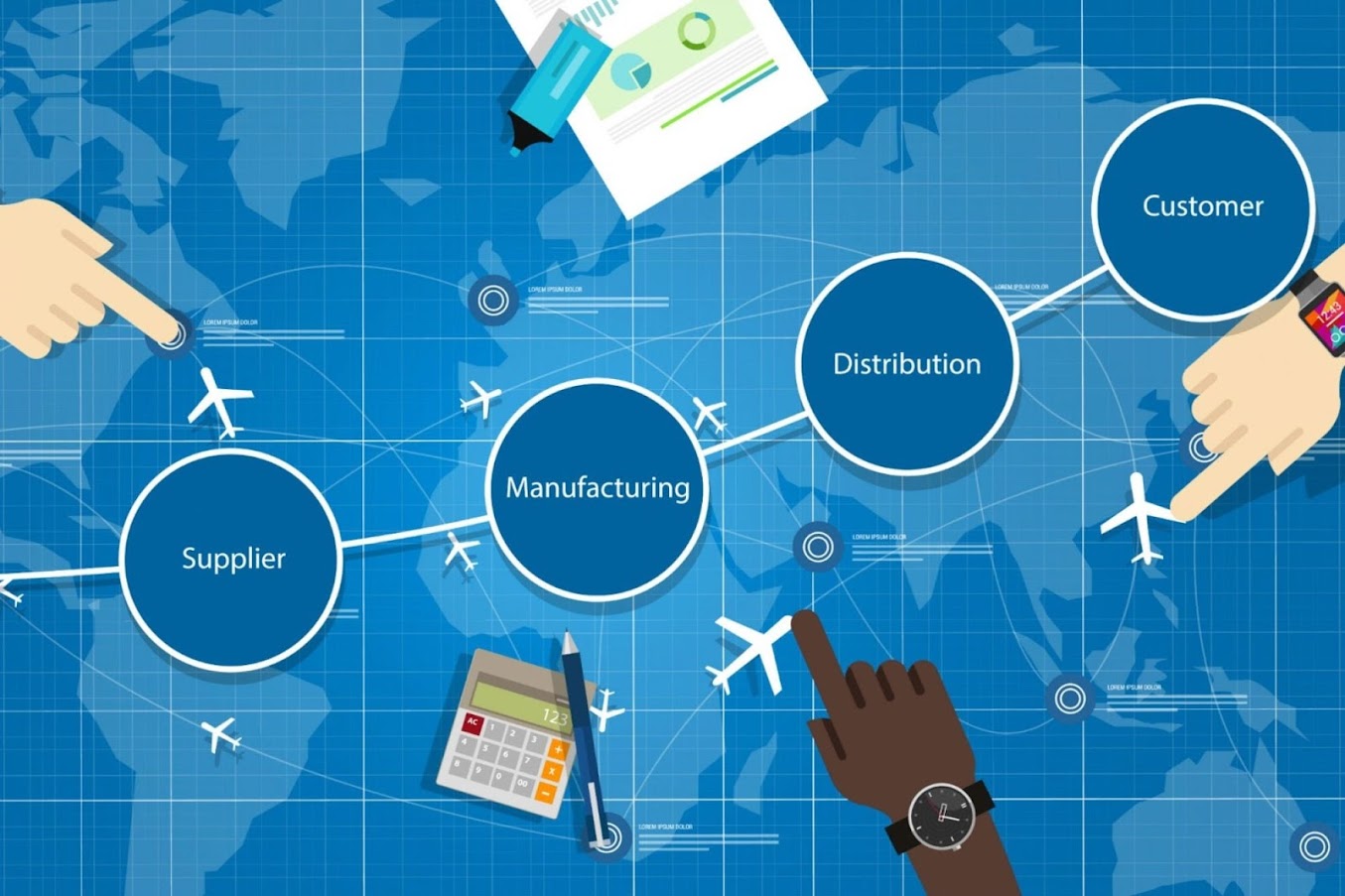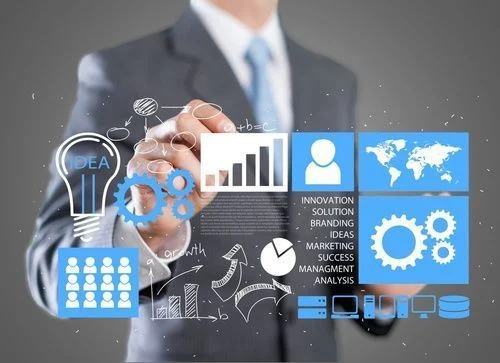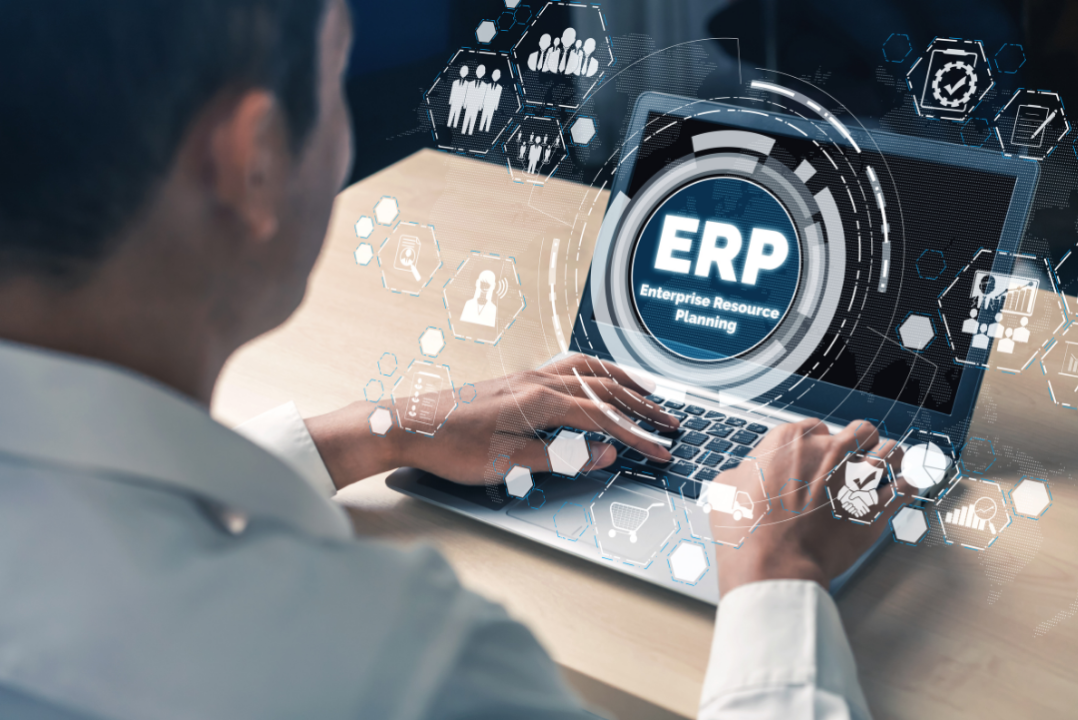Are you looking for the best ERP systems to help streamline your business processes? Enterprise resource planning (ERP) software can help businesses of all sizes to improve their workflow, increase efficiency, and reduce costs. In this article, we’ll discuss some of the best ERP systems available on the market today, how to use them effectively, and provide advice and comparisons so you can find the perfect solution for your business.
What is ERP?
Before we dive into the best ERP systems available, let’s define what ERP actually is. ERP refers to a suite of business management software that helps organizations manage data and automate business processes. This software integrates various departments and functions across an organization, providing a centralized view of data and enabling efficient communication between different departments.
ERP software typically includes modules for finance, human resources, customer relationship management, supply chain management, inventory management, and more. With an integrated system like ERP, businesses can streamline their workflows, reduce manual data entry, and improve decision-making through real-time access to information.
How to Use Best ERP?
Implementing an ERP system isn’t just about installing software and letting it run its course. To get the most out of an ERP system, there are several steps businesses should take:
- Define your business needs: Before choosing an ERP solution, it’s important to assess your current business processes and identify areas where improvements could be made. Determine which specific features and functionalities are essential for your business.
- Choose the right vendor: Once you’ve identified your requirements, research and compare different ERP vendors to find the one that best meets your needs.
- Customize the software: Most ERP solutions offer customization options to tailor the software to your business processes and requirements. Take advantage of these options to optimize the system for your business.
- Provide adequate training: Properly training employees is critical for successful ERP implementation. Ensure your team understands how to use the software and its features thoroughly.
- Continuously evaluate and improve: An ERP system should be viewed as a long-term investment. Regularly assess the software’s performance and identify areas where further improvements can be made.
Examples of Best ERP Systems
- SAP Business One – SAP Business One is an affordable and scalable ERP solution designed for small and mid-sized businesses. It offers modules for finance, inventory management, sales, purchasing, production, project management, and more. SAP Business One also has robust reporting and analytics capabilities, allowing businesses to gain insights from their data easily.
- Oracle NetSuite – Oracle NetSuite is a cloud-based ERP solution that offers a wide range of modules, including financial management, order management, inventory management, CRM, and e-commerce. It’s suitable for businesses of all sizes and can be customized to meet specific requirements.
- Microsoft Dynamics 365 – Microsoft Dynamics 365 is a cloud-based ERP system that provides modules for finance, sales, marketing, supply chain management, and project management. It also integrates with other Microsoft products like Office 365 and Power BI for enhanced functionality.
- Sage X3 – Sage X3 is a full-service ERP solution designed for medium to large enterprises. It offers modules for financial management, distribution, manufacturing, project management, and more. The software is highly customizable and can integrate with other business software for enhanced functionality.
Comparisons of Best ERP Systems
When comparing different ERP systems, several factors should be considered, such as:
- Cost: How much will it cost to purchase and implement the ERP system? Are there any ongoing fees or maintenance costs?
- Scalability: Can the software scale to accommodate future growth?
- Ease of use: Is the software user-friendly? Will employees be able to use it effectively?
- Customization: Does the ERP solution offer customization options to tailor the software to your business?
- Integration: Can the ERP system integrate with other business software, such as CRM or project management tools?
Taking these factors into account, some comparisons of the best ERP systems are:
- SAP Business One vs. Oracle NetSuite – Both solutions offer a wide range of modules and can be customized to meet specific requirements. However, SAP Business One is more affordable and suitable for small to mid-sized businesses, while Oracle NetSuite is better suited for larger organizations.
- Microsoft Dynamics 365 vs. Sage X3 – Microsoft Dynamics 365 is a cloud-based solution that integrates with other Microsoft products, while Sage X3 is more customizable and designed for medium to large enterprises.
Advices for Best ERP
Implementing an ERP system can be a complex process, but there are several tips businesses can follow to ensure success:
- Involve stakeholders early on: Get buy-in from employees and managers in different departments to ensure the ERP system meets their needs.
- Prepare for change: Implementing an ERP system may require changes to existing business processes. Be prepared to adapt and adjust as necessary.
- Ensure data accuracy 4. Provide adequate training: Properly training employees is critical for successful ERP implementation. Ensure your team understands how to use the software and its features thoroughly.
- Continuously evaluate and improve: An ERP system should be viewed as a long-term investment. Regularly assess the software’s performance and identify areas where further improvements can be made.
By following these tips, businesses can maximize the benefits of their ERP system and streamline their operations.
FAQs
What are the benefits of using an ERP system?
An ERP system offers several benefits, including:
- Improved workflow and efficiency
- Increased data accuracy
- Enhanced collaboration between departments
- Real-time access to information for better decision-making
- Reduction of manual data entry
Is ERP only suitable for large enterprises?
No, ERP systems can benefit businesses of all sizes. There are solutions designed specifically for small and mid-sized businesses that offer affordable pricing and scalability as the business grows.
How long does it take to implement an ERP system?
The time it takes to implement an ERP system varies depending on the complexity of the business processes and the size of the organization. On average, it can take anywhere from six months to two years.
Can ERP systems integrate with other business software?
Yes, most ERP systems offer integration capabilities to connect with other business software, such as CRM or project management tools.
How much does an ERP system cost?
The cost of an ERP system depends on several factors, including the number of users, modules required, customization needs, and ongoing maintenance fees. Prices can range from a few thousand dollars to hundreds of thousands of dollars.
Conclusion
In conclusion, choosing the best ERP system for your business can be a game-changer in improving workflow and efficiency while reducing costs. It’s essential to define business needs, choose the right vendor, customize the software, provide adequate training, and continuously evaluate and improve the system. By considering factors such as cost, scalability, ease of use, customization, and integration, businesses can make informed decisions and choose the ERP system that best meets their needs.With the right ERP system in place, businesses can gain a competitive edge by streamlining their operations and gaining real-time insights into their business data. By implementing an ERP solution, companies can reduce manual processes, improve collaboration between departments, and make data-driven decisions that drive growth.
In conclusion, choosing the best ERP system involves careful consideration of several factors such as cost, scalability, customization, integration, and ease of use. By following the tips in this article and conducting thorough research, businesses can find an ERP system that meets their specific needs and helps them achieve their goals.



